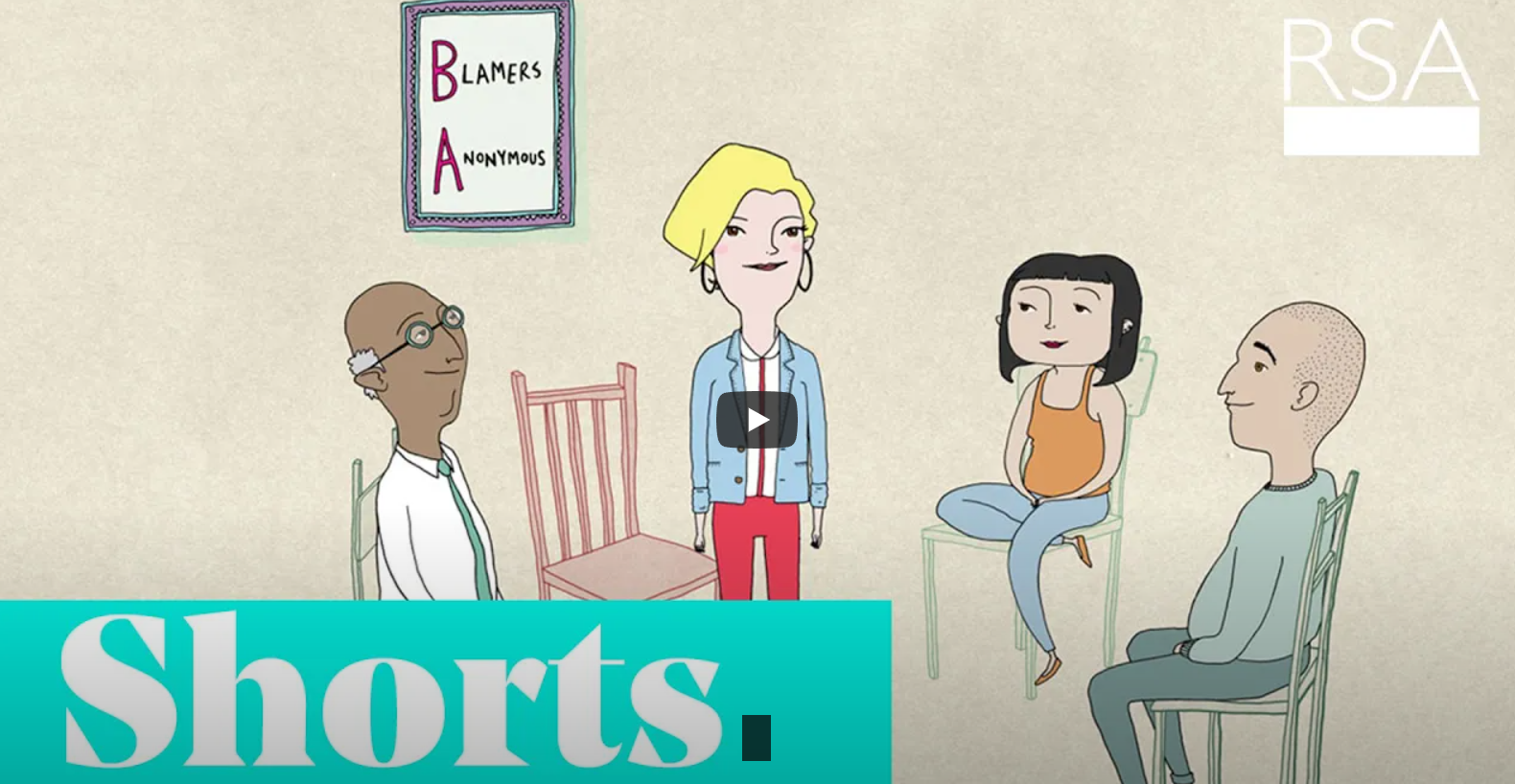The Five Losing Strategies: These are Dysfunctional and Destroy Relationships
So, I think we can all agree that relationships are hard. When we are triggered, our responses during times of stress are often dysfunctional and fall into one of five losing strategies as identified by Terry Real, Developer of Relational Life Therapy. They are self-defeating, leading to more discord and disharmony and ultimately stop us from getting what we want in terms of closeness and connection.

Why Do We Need to Know and Discover our Losing Strategies?
If we can uncover what we are doing wrong, then we can move to what works, i.e. The Five Winning Strategies (to be discussed in the next article). Moving away from these five losing strategies can stop the negative cycle even if your partner doesn’t know theirs.
Relationships do better, when we feel supported, nurtured and safe. When isolated and alone, our immune system doesn’t work well and we can get sick. Life is much harder. By learning how to stop doing the wrong thing can help you get more of what you want, thus feeling more safe and confident and able to handle life’s challenges.
The Five Losing Strategies in Relationships:
- Being Right
- Controlling your partner
- Unbridled self-expression
- Retaliation
- Withdrawal
1 - Being Right
This losing strategy occurs when someone is trying to prove their point or tell others what the “real issue is. They are convinced that they are right and the way they see it, is the correct way. When embroiled in this losing strategy, there is no desire to negotiate; the only desire is to be right. Terry says: “You can be right or you can be married”. You can’t be both. Being right will eat away at your relationship.
The Objectivity Battle
Just imagine a couple driving in a car. The woman wants the man to slow down because she feels that he is driving too aggressively. But he feels that he is a very competent driver and that she is just being too excessive. It’s very possible that they could fight about whose feelings and experience is more valid, however, the chances of resolving this disagreement are slim. Rather, what is more, likely is that they will end up feeling hurt, invalidated, and misunderstood.
Terry Real’s relational answer to the question “Who is right and who is wrong?” is “Who cares!” When it comes to relationships, there’s no place for objectivity, and therefore Being Right will lead to further discord.
2 - Controlling Your Partner
The second losing strategy is control. Trying to get your partner to listen, or to be kinder, or to do what you say. This is controlling and a huge barrier to emotional intimacy. In reality, we can’t control anyone. The one person you can control is you. You can change your reactions, your tone, and your behaviours, - you can’t control your partners. Plus, no one likes to be controlled.
The Unfortunate Result of Control
Terry Real warns, if you are controlling and convince someone to do what you want them to do, especially if they don’t really want to do it, they will end up resenting you for it and you will most likely pay the price in the long run ie through them leaving the relationship or becoming more difficult.
3 - Unbridled Self-Expression
The third losing strategy is Unbridled Self-Expression. Terry Real calls this the “Barf-Bag” approach to intimacy. Telling our partners everything that is on our mind without regard to the impact of our words is insensitive and relationally defeating. You may feel better after bringing up every past offense that your partner has done in the last 10 years when you found the dishes undone in the sink. However, this leaves your partner feeling helpless.
Disappointment vs. Oversharing
It’s reasonable to share your disappointment at not having done the dishes and even to share that you took it to mean that your partner was not considerate enough of your feelings. However, when you find yourself raising your voice, increasing your tempo, and throwing in the kitchen sink along with everything else that makes your partner intolerable to live with, then you are using the losing strategy of Unbridled Self-Expression and it doesn’t work.
4 - Retaliation
This next losing strategy could also be called offending from the victim position. It happens when one partner treats another partner poorly because the other partner “deserves” it. They feel justified in their behaviour and often want the other person to feel the pain that they feel. With retaliation, people feel justified and shameless in doing this because they were hurt first.
The problem with this approach is that you don’t make a person more accountable and responsible by hurting them.
Retaliation can lead to more aggression.
You were cold to me, so I had an affair. This only leads to more hurt, more pain and ultimately to more aggression. Hurt begets more hurt. Moving away from this strategy is an opportunity for people to heal and repair and take accountability for their hurt.
5 - Withdrawal
Lastly, there’s Withdrawal. This occurs when a partner is emotionally unavailable and has either shut down or closed themselves off to any type of connection. They are not listening, participating in any real level and ultimately just check out.
Oftentimes, the withdrawer expects that their partner will somehow “get the message” as a result of his/her withdrawal and he/she will then somehow feel contrite and/or more apt to re-engage. However, this is rarely the outcome of withdrawal. Rather withdrawal often leads to greater injury and can even be experienced by your partner as a form of retaliation and abandonment.
Being Walled off
Withdrawal may have worked earlier in childhood as a way to move away from an intrusive parent or the pain of neglect, however, it can lead to divorce in your current relationship as predicted by John Gottman, Relationship Expert. There are better ways to take a break if feeling overwhelmed or flooded with emotions. Read an article on responsible distance taking and Taking Time Outs.
The “Whoosh”
An important note is that The Five Losing Strategies are almost always preceded by what Terry Real calls “The Whoosh.” This is a reactive emotion when one feels negatively triggered by something your partner has said or done, or by something you imagine has been said or done. This can ignite any of the Losing Strategies or even a combination. Usually we are trying to protect ourselves by using the Losing Strategies instead of feeling vulnerable.
Take stock of your Losing Strategy Profile and get to know them. Be on the lookout for when you feel the “whoosh” and realize any of these strategies don’t work leading you to more discord and disharmony.
Check back next month for an article on how to get more of what you want using the The Five Winning Strategies.
Register for our Newsletter and receive a Free Love Chat Package
- The 5 Steps to a Better Relationship
- Ongoing Monthly Relationship Tips
- If you want more love in your life, our relationship Love Chat Package is an easy cost-free first step.

















